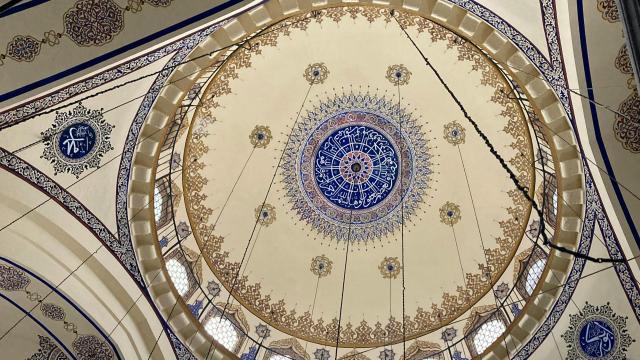
Muslims are the fastest growing community in Australia. They come from 183 different countries, a vast majority of them from South Asia followed by the Middle East, making them one of the most nationally, ethnically, and parochially diverse communities in Australia. Muslims are a tapestry of many different people and internally very heterogeneous. Their diversity is marked by geographical locations, ethnic traditions, parochial interactions, sectarian values, and doctrinal/ideological principles. Despite efforts of self-appointed Muslim leaders and self-aggrandized Muslim civil society and religious organisations from various ethnic backgrounds to develop synergy, build intra- and cross-community communication channels, and create a single Muslim community, Australian Muslim communities remain deeply divided and fractious. One of the reasons for this in the literature is that the efforts been driven by extrinsic social and political forces, and not by an endogenous and altruistic impulse to coalesce Muslims into a broad-based single integrated Muslim community. In this paper, I acknowledge this, however, my discussion is different. First, I discuss the role of ethnicity as a social capital in creating Muslim community enclaves and, two, I explain that once a community enclave has been established and maintained over a period of time, such a community assumes a life of its own in perpetuity.
Speaker:
Jan A. Ali is a Senior Lecturer in Islam and Modernity in the School of Humanities and Communication Arts at Western Sydney University. He is the Convenor of Islamic Studies in the School of Humanities and Communication Arts. Jan is also the Founding Convenor of the WSU Postgraduate Islamic Studies Network and was the Community and Research Analyst in the Religion and Society Research Centre at the Western Sydney University. Jan is a religious sociologist by training who specialises in Islam. His main sociological focus is the study of existential Islam. His published books are Islamic Revivalism and Social Transformation in the Modern World (Basel: MDPI, 2023), Organ Transplantation in Islam: Perspectives and Challenges (Basel: MDPI, 2022); A Sociological Study of Tabligh Jama’at: Working for Allah (Cham: Palgrave Macmillan, 2022); Islam and Muslims inAustralia: Settlement, Integration, Shariah, Education and Terrorism (Melbourne: Melbourne University Press, 2020); Islam in the West: Perceptions and Reactions (Delhi: Oxford University Press, 2018, co-editor) and Islamic Revivalism Encounters the Modern World: A Study of theTabligh Jama’at (Delhi: Sterling Publishers 2012).
Location
Speakers
- Dr Jan A. Ali, Senior Lecturer in Islam and Modernity in the School of Humanities and Communication Arts at Western Sydney University
Event Series
Contact
- Maya Maulina0261258029
File attachments
| Attachment | Size |
|---|---|
| 2025.05.01-Muslim-Community-Differences-in-Australia-A-Sociological-Analysis.pdf(64.32 KB) | 64.32 KB |